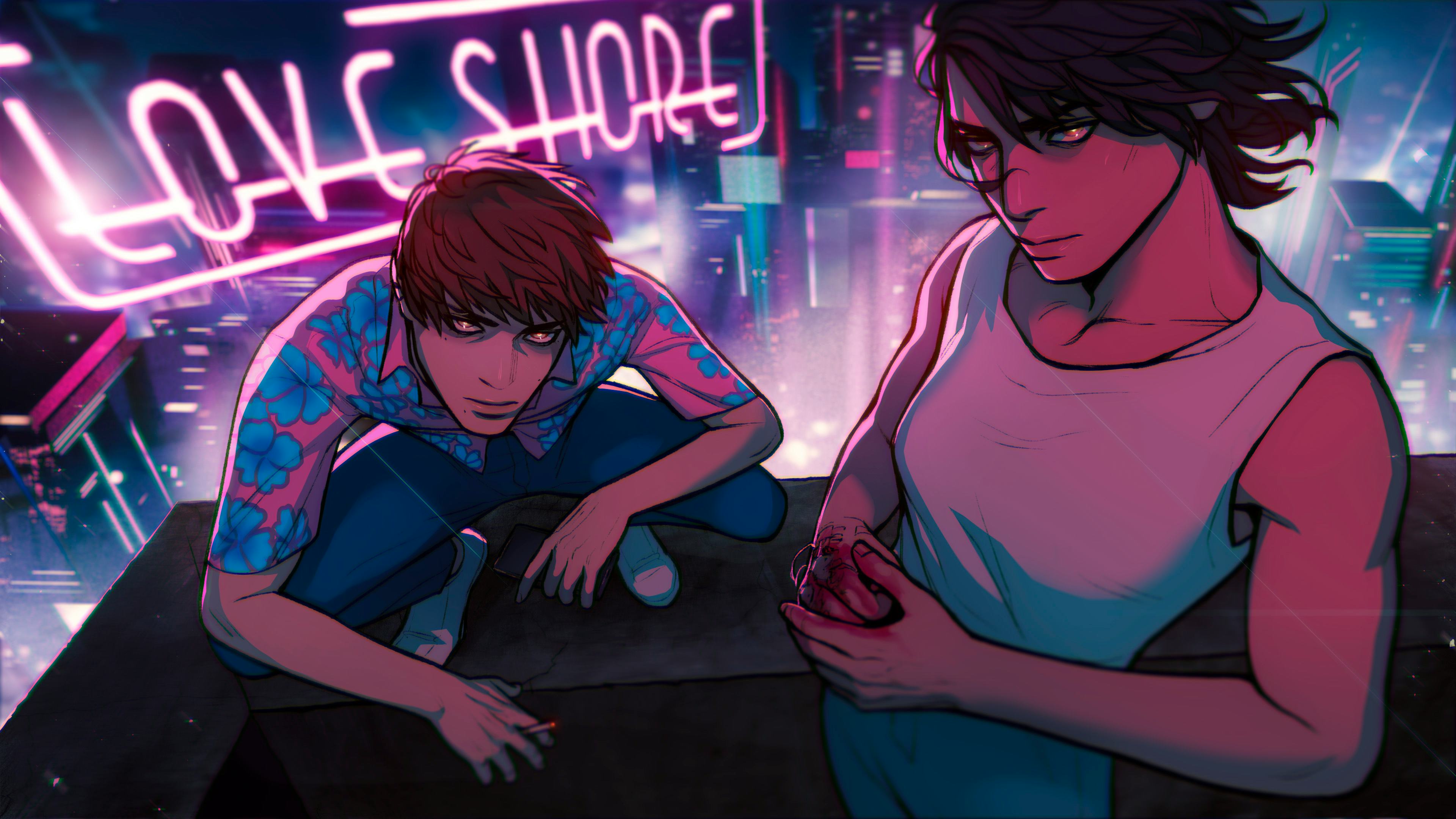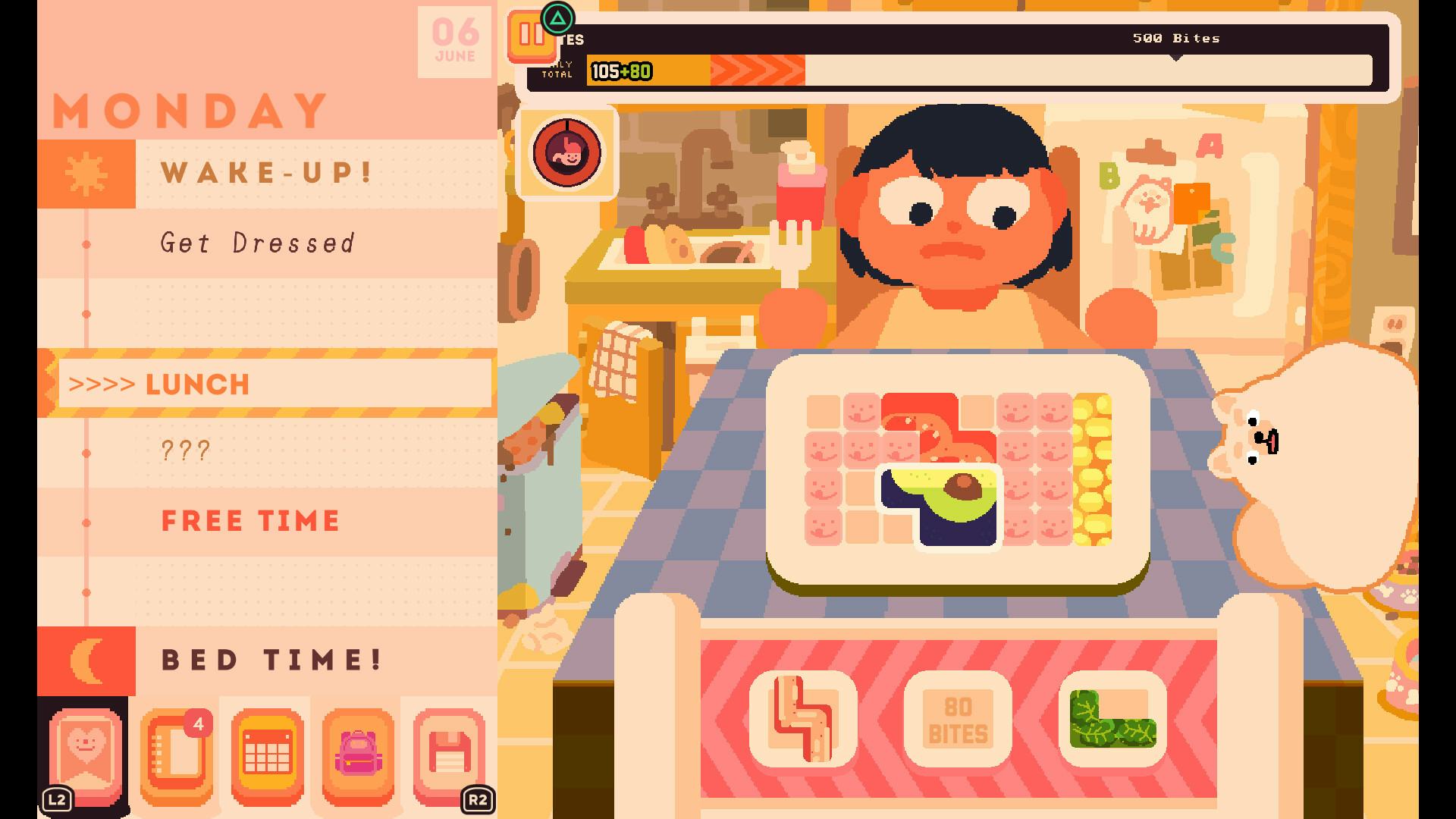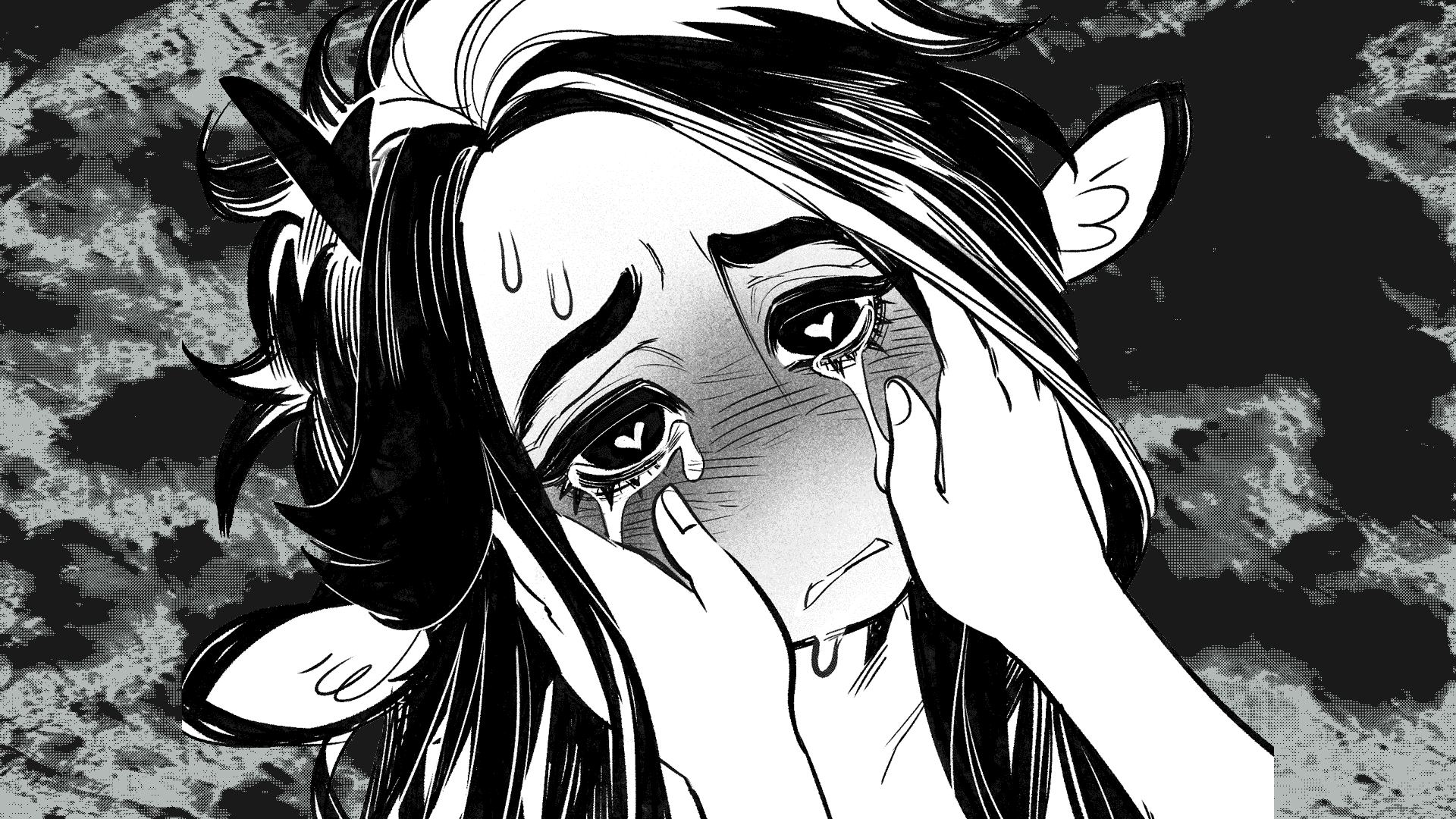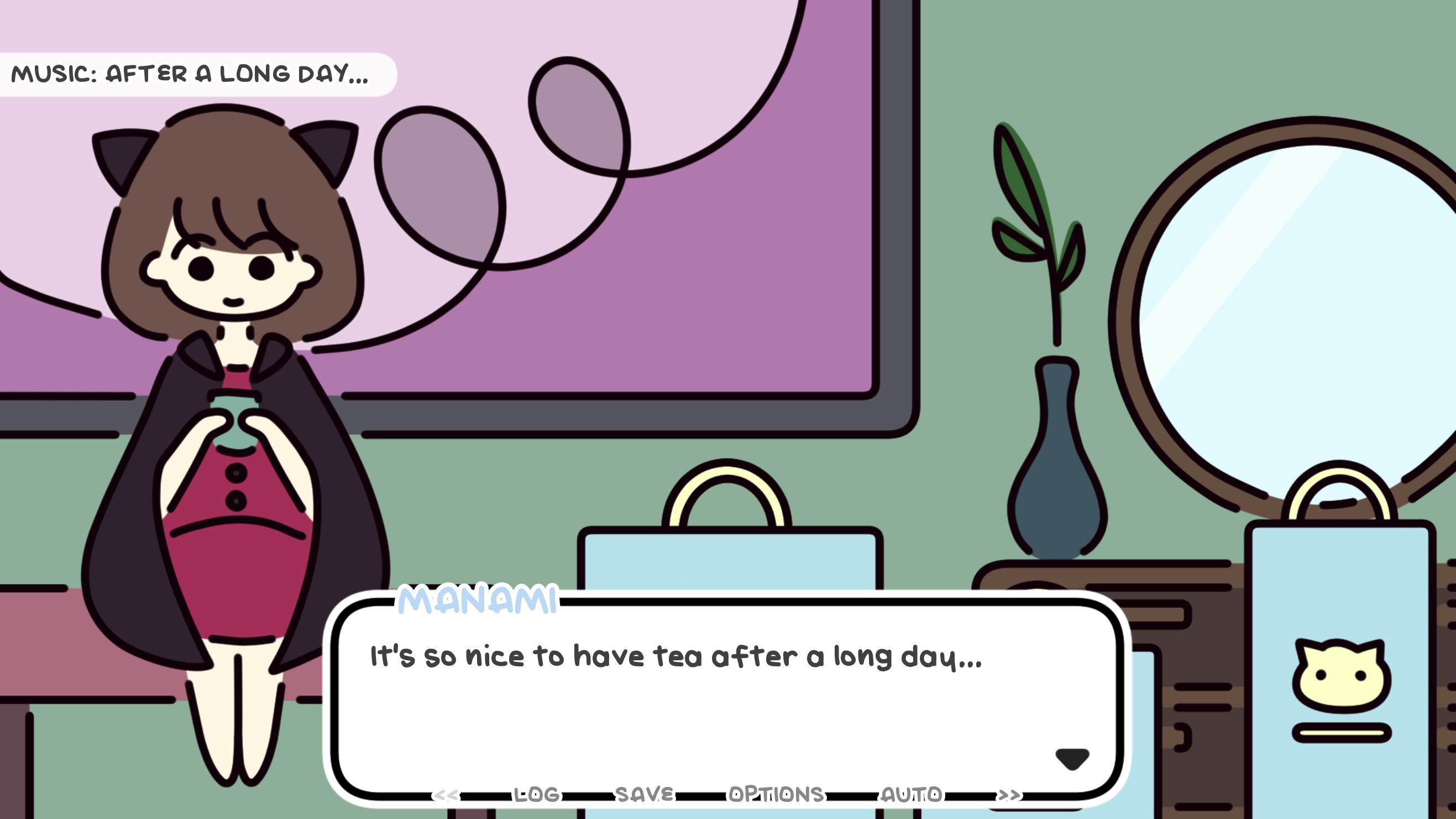
PC storefront Steam recently removed a large number of adult games from sale, prompting widespread outrage. Now, the situation has gotten considerably worse, as indie storefront Itch.io followed suit, not only removing swaths of games from sale, but hiding any game with content deemed inappropriate from view in searches. In both cases, the moves were made in response to demands from payment processes, driven at least in Itch.io’s case by a campaign from far-right activist group Collective Shout.
Itch.io began removing games late on July 23, and the move was quickly spread on social media by affected developers. While it would take until the next morning for the site to issue a formal statement, it was immediately clear what was happening. A week after Steam’s own mass delisting, Itch.io was removing a far larger number of games from sale entirely and hiding others from search. The Transfeminine Review reports that Itch.io is also withholding payment to developers of newly banned games. Itch.io did not immediately respond to a request for comment.

As with Steam, games tagged with “incest” on Itch.io were unilaterally deleted, while those tagged “NSFW” (not safe for work) and related adult tags were either deleted or removed from search results, rendering them only viewable by directly entering their URLs. Removed games, they remain unavailable even for players who have previously purchased them to download. The ban also applies to other content hosted on Itch.io, such as comics and novels. That wide-ranging approach has led to games with no sexual content whatsoever (such as IGF Grand Prize winner Consume Me, which was labeled “adult” for its potentially triggering depiction of eating disorders) to be caught up in the bans. Some developers say LGBTQ work even without the “adult” tag has been removed as well.
“I find it ironic that Consume Me, a game about being a teenage girl dealing with the pressures from society, is literally getting deindexed by a group that is aiming to ‘protect women and children,’” developer Jenny Jiao Hsia tells Inverse. “It sucks that this is happening, not just to our game, but also to all these adult content creators who don’t have other places to release and sell their work.”
Itch.io addressed this in a statement, saying, “Recently, we came under scrutiny from our payment processors regarding the nature of some content hosted on itch.io... Due to a game titled No Mercy, which was temporarily available on itch.io before being banned back in April, the organization Collective Shout launched a campaign against Steam and itch.io, directing concerns to our payment processors about the nature of certain content found on both platforms.”
The implication from Itch.io is that it was a choice between removing adult games or having payment processors pull out of the site, effectively keeping it from operating.

“We are currently conducting a comprehensive audit of content to ensure we can meet the requirements of our payment processors,” the site’s owners say.
Following the review, developers are supposed to follow the terms set by Itch.io’s payment processors, which the site does not specifically spell out in its statement, or be removed. Steam has yet to release a statement of its own, but the cause of both delisting waves appears to be the same. As reported by former Waypoint journalist Ana Valens, Collective Shout also claimed responsibility for Steam’s removal of adult games, though owner Valve has not responded to requests for confirmation.
Despite Steam being a far larger platform, the move from Itch.io appears to be drawing more outcry, for several reasons. While it’s not explicitly a marketplace for adult content, the site has always been seen as a haven for creators of porn games and other NSFW content, with more lax policies on what’s allowable and a considerably more generous revenue share than Steam.

Itch.io is also an important home for LGBTQ content creators, who fear they’ll be targeted next. Given that legislation that claims to protect children from inappropriate content often includes any discussion of LGBTQ identities in that definition, it’s a reasonable fear. Leaders of Collective Shout have made that connection explicit by releasing transphobic and homophobic statements in the past.
Possibly because of Itch.io’s importance to indie developers, and the fact that its letter named the parties responsible for the ban directly, the wave of removals has galvanized players and developers to oppose it. Developers have urged people to demand that Visa and Mastercard cease their attempts to censor adult content, and a petition from the American Civil Liberties Union calling for the same has resurfaced, gaining thousands of signatures overnight. Others have suggested that developers set the adjustable amount that Itch.io takes from purchases to zero in protest, and request payout immediately to avoid losing access to money they’ve already made.
If you don’t play adult games, you may think these delistings don’t affect you (though you’re frankly missing out on a lot of good stuff). But as we’ve seen with Itch.io, the ban is already being applied to games without a hint of sex, just for touching on sensitive topics. With the control of payment processors laid bare, it’s clear that these groups have the ability to determine what games you have access to, and that can change at a moment’s notice. Today it’s porn, tomorrow it could be any mention of queerness, or reproductive health, or anything else that offends the sensibilities of the hyper-conservative organizations calling the shots. Video games have been in the crosshairs of legislators and activist groups for decades for their supposedly corrosive effect on children, but the most significant act of game censorship ever is here now, led not by the Senate, but by credit card companies.
This article was updated with comments from Consume Me developer Jenny Jiao Hsia on July 25.







